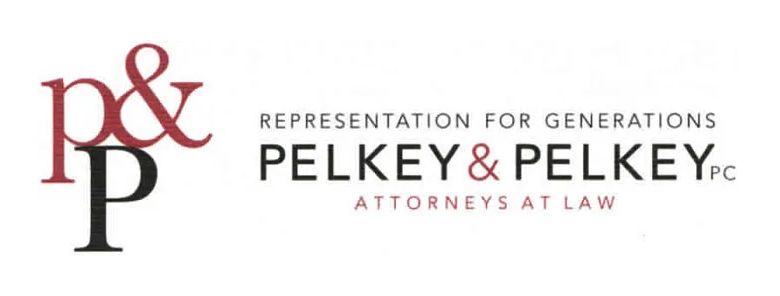A Guide to Revocable & Irrevocable Trusts
Most people are under the impression that their will designates how their property will pass at the time of their death. Truth be told, the will typically only addresses those assets that are held exclusively in the name of the decedent and lacks a beneficiary. For example, life insurance policies will pass directly to the beneficiaries and not under the will. Investment accounts are increasingly passing in accordance with beneficiary designations. These types of testamentary substitutes are growing in use as they assist the family in avoiding probate. Under the topic of testamentary substitutes, we are turning to the use of "trusts" as another valuable tool in avoiding probate. Simply stated, a trust is nothing more than a separate legal entity that can be used as a valuable tool in avoiding probate. Revocable and irrevocable trusts are usually discussed during estate planning, and they designate all or a portion of your assets as an inheritance. A third party will manage the account for the beneficiaries and ensure the entire amount remains separate from the rest of the estate. However, there are several differences in how they function, and reviewing the following guide could help determine which option is best.
What Is a Revocable Trust?
A revocable trust is one that allows you to change the terms at any point in time. For example, if there’s a falling out among family members, then it’s fairly easy to remove them as one of the beneficiaries. It also provides a way to include new additions, such as babies and spouses, as well as update how to divide up the assets.
However, since you’re still maintaining a level of control over the accounts, they can become susceptible to lawsuits. For example, if the sale of the estate doesn’t produce enough to pay back your creditors, then they might use the revocable trust to settle the debt.
What Is an Irrevocable Trust?
An irrevocable trust is one that you can't change after signing the paperwork. The amount that’s been set aside will remain in the account until the date of your passing. After this time comes, a third party will distribute the inheritance to the listed beneficiaries.
Since an irrevocable trust removes all ownership rights, it's considered to be completely separate from the estate. Therefore, having one in place reduces the risk of your beneficiaries having to go through probate. It also ensures that creditors won’t have any claim to the trust. Any money will be locked in place, which means you can’t make a withdrawal in the event of financial loss or bankruptcy.
Traditionally, trusts cost significantly more than a simple will but end up saving the family considerable sums of money by avoiding the probate process.
If you’re considering setting up a trust, reach out to Pelkey & Pelkey, P.C. Located in Rochester, NY, these professionals have over 60 years of combined experience and are highly knowledgeable. They recognize that every situation is unique and offer a personalized approach to meet your needs. Call (585) 544-34400 to schedule a consultation with an attorney, or visit their website to learn more about how they can help.






